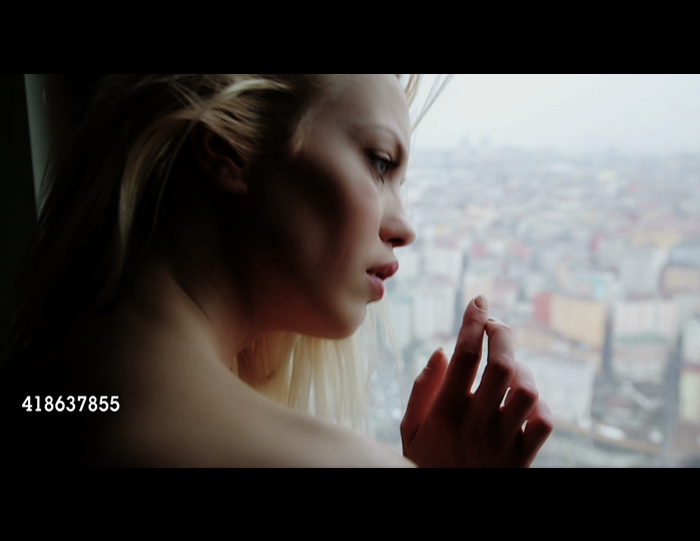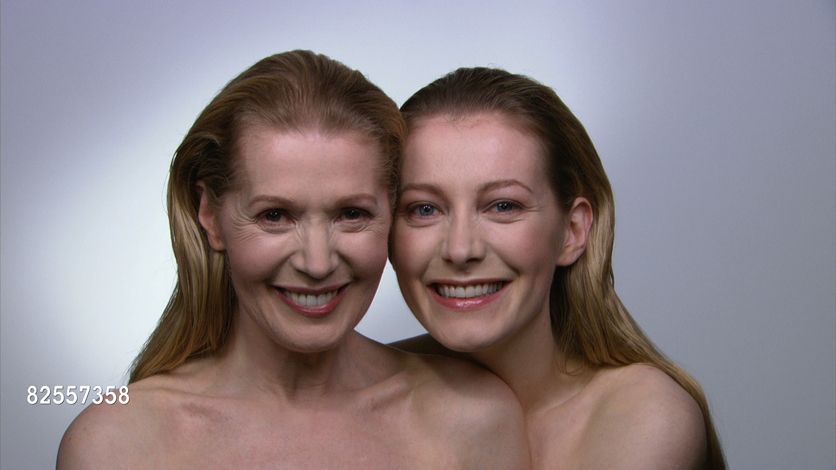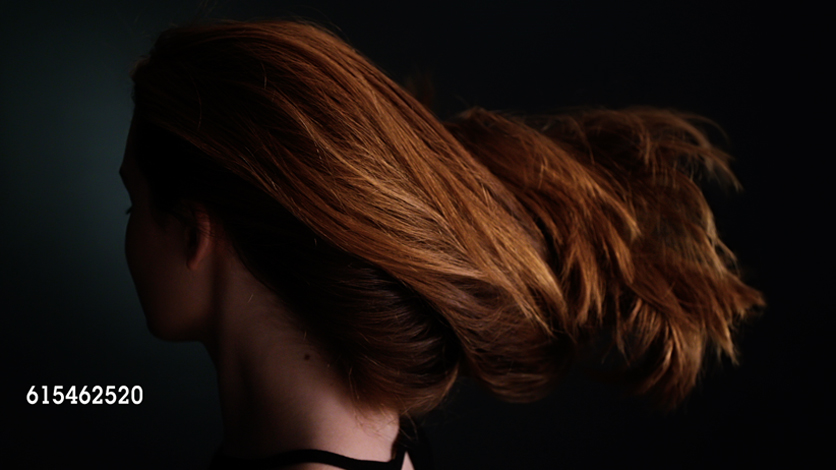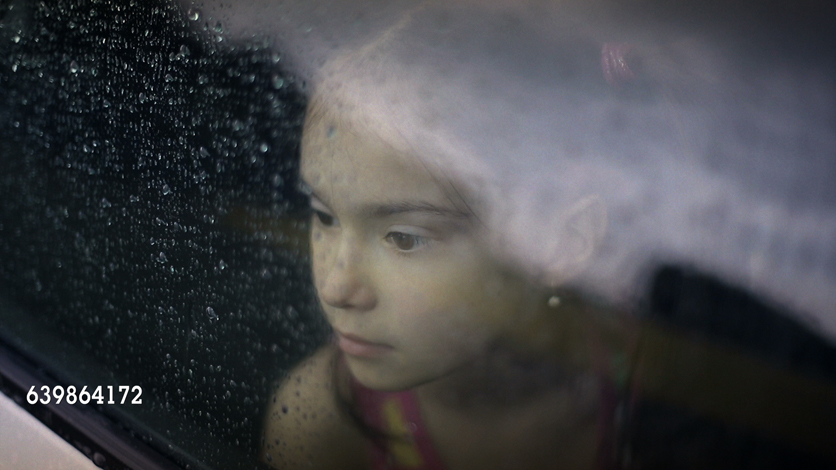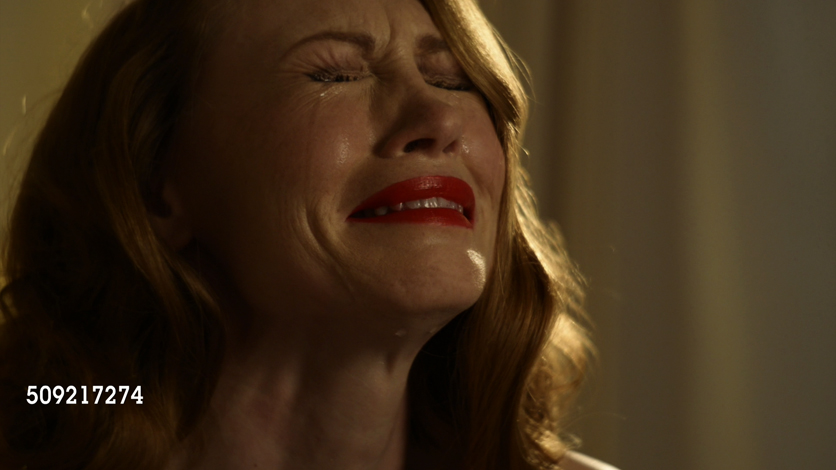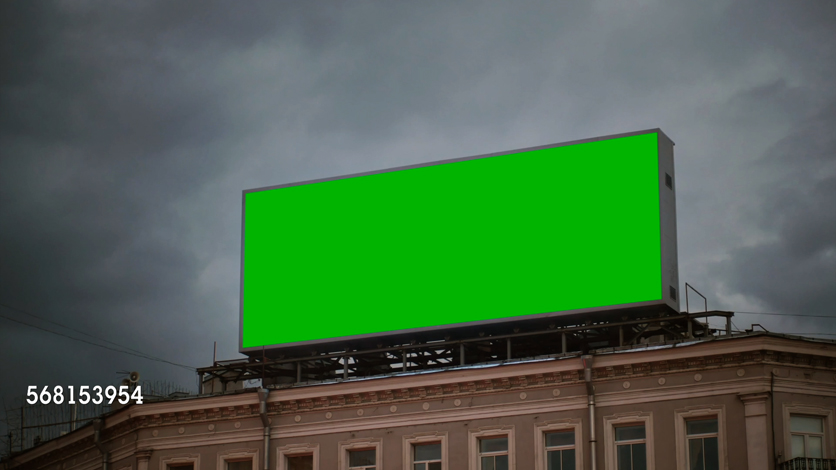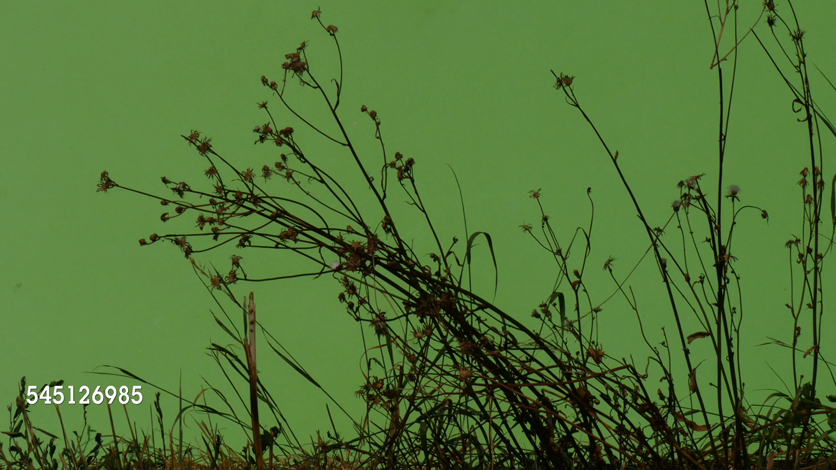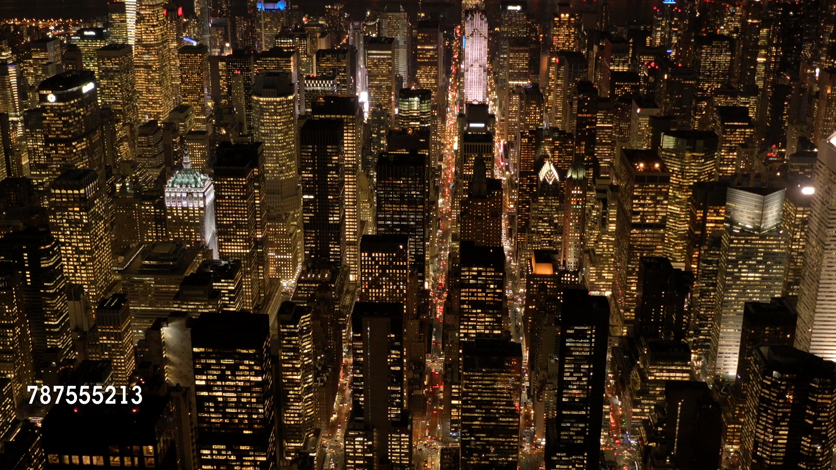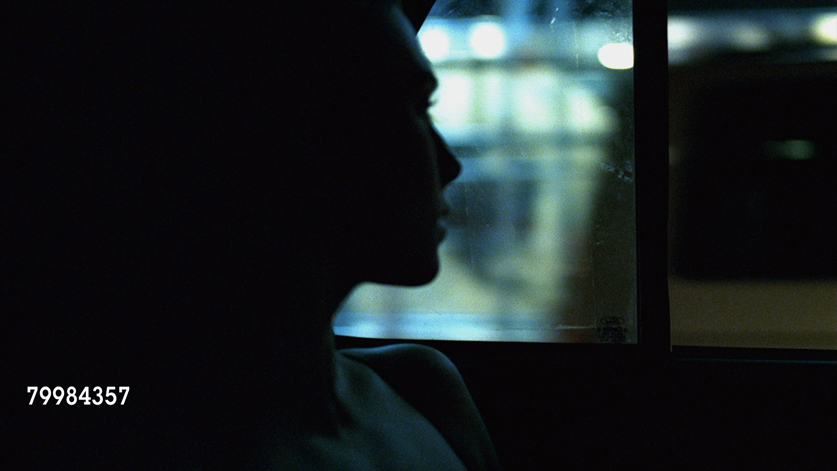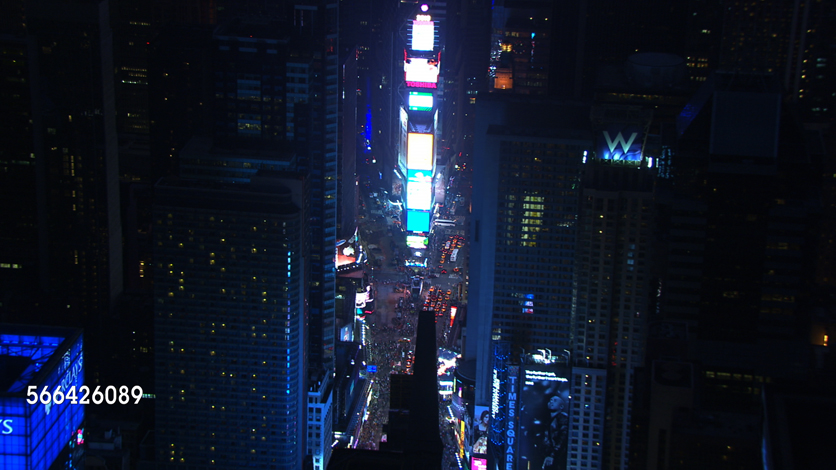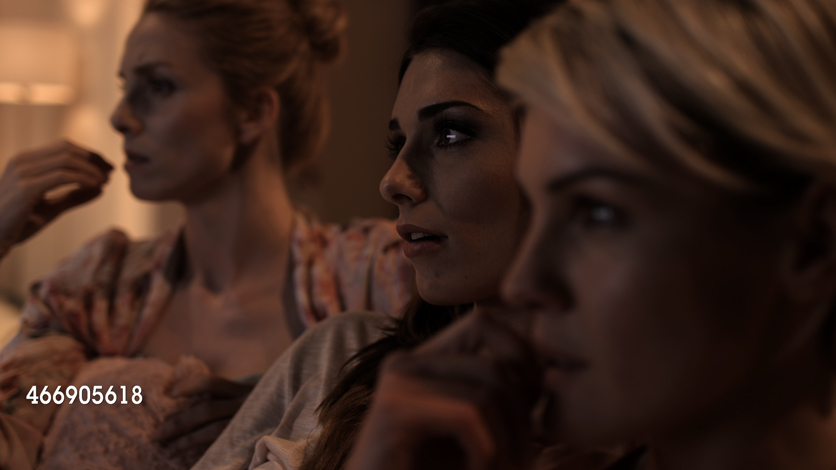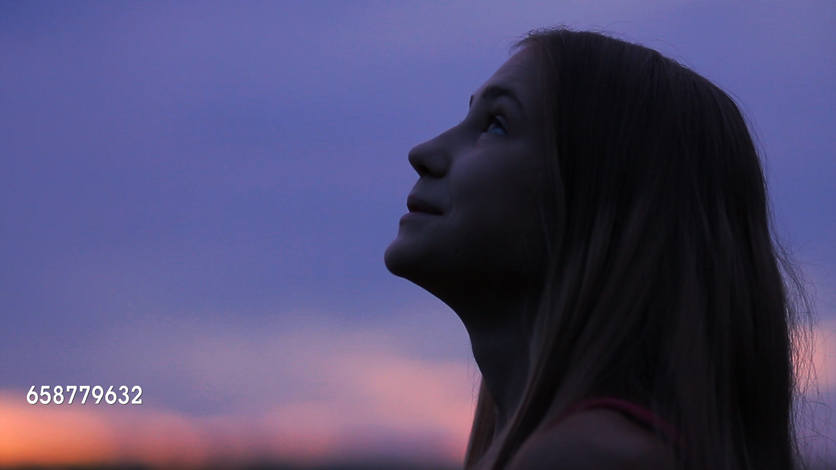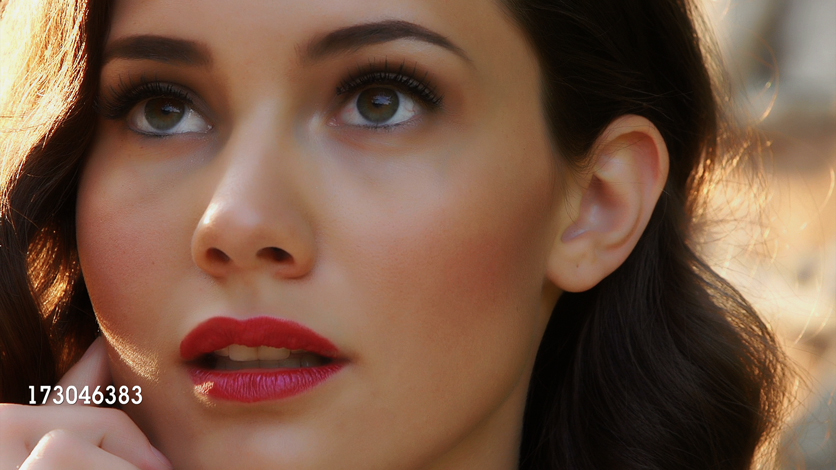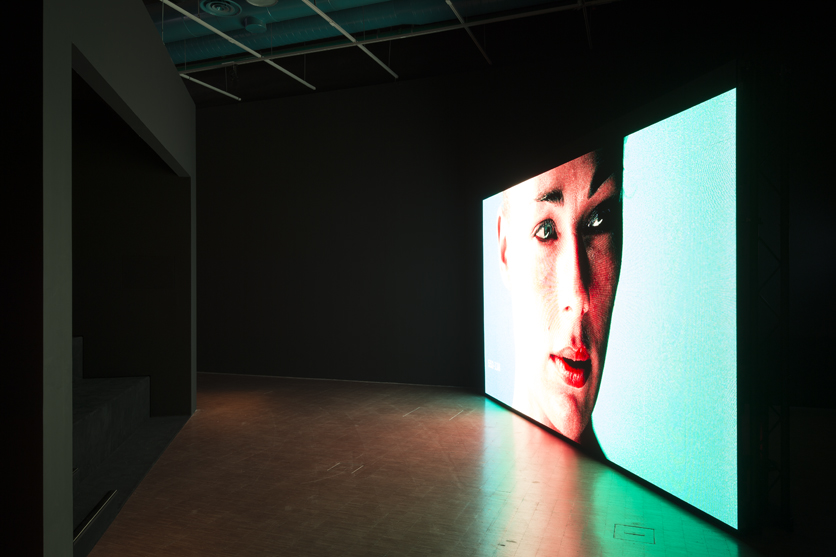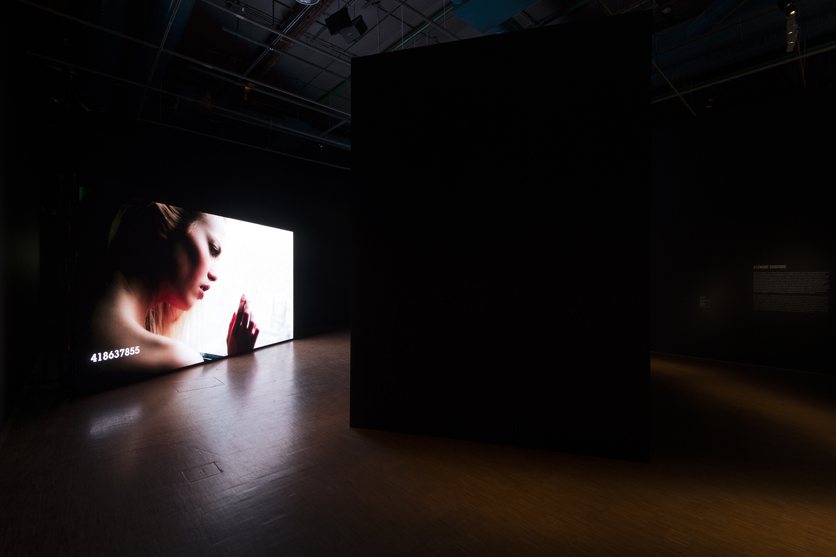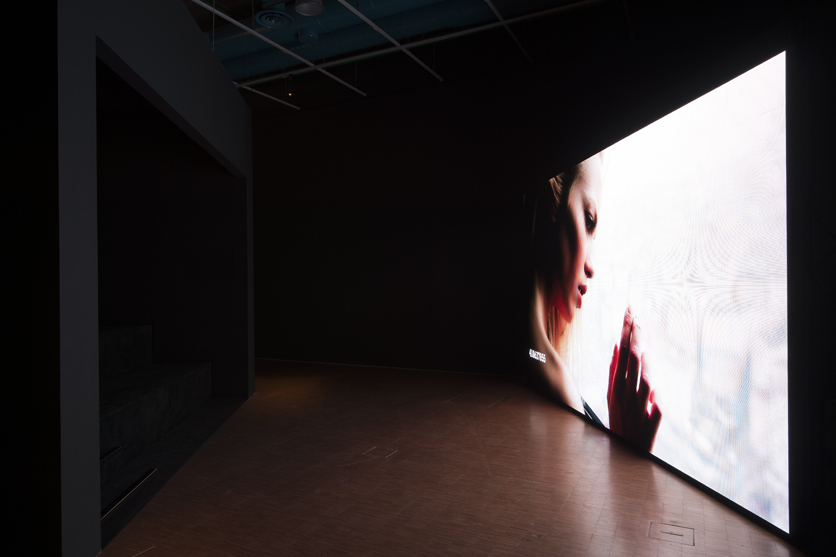CLÉMENT COGITORE
THE EVIL EYE
Exhibition « Clément Cogitore, The Evil Eye - Selected work from the collection », Espace Louis Vuitton Venezia,
Venice, May 9 - November 23, 2025.
Screening/Conversation with the artist, Fondation Thalie.
Brussels, June 22, 2019.
Exhibited as part of "Clément Cogitore Part I and Part II", Kunsthaus Baselland.
Basel, February 15 - July 7, 2019
Video installation designed for the 2018 Marcel Duchamp Prize, exhibited at the Centre Pompidou.
Paris, October 10 – December 31, 2018.
HD video 15 min
Rapporteur: Jean-Charles Vergne.
Curator of the exhibition: Marcella Lista.
In collaboration with the Gallery Eva Hober.
Clément Cogitore creates his unique and wonderfully sensitive work by using the different languages offered by images in motion to develop a very broad vision of a multitude of subjects but which are always linked by the central themes he explores throughout his artistic creations. Focusing on film, his work has that rare quality of being rooted as much in cinema as other mediums unique to contemporary art, revealing an art concerned just as much with the status of the image as with narrative constructions.
Even though his films cover a diverse range of subjects, Clément Cogitore’s universe is nevertheless inhabited by recurring themes. Exploring these themes is the basis of his thinking: perception of a reality dotted with irrationality, a return to archaic schemas, primitivism, survival of the sacred, magic penetrating into a world losing its belief in transcendence, figures taken from great apocalyptic stories... Ancient forms are updated using current modes of image perception where technology and the internet have supplanted magic but where the unconscious is undoubtedly on a quest for belief.
Scenes entirely achieved with pre-existing images
With The Evil Eye, an installation designed specifically for the Marcel Duchamp Prize, Cogitore touches on our relationships with images and grand narratives using videos from image banks (Getty, Shutterstock...), grand purveyors of forms intended for the most diverse advertising and television purposes. Entirely achieved with pre-existing images and filmed on a green background, the anonymous scenes are an accumulation of stereotypical postures, of common gestures adapted to suit the decors added during postproduction. At the bottom of the screen, the referencing numbers of the images appear like bar codes.
By using an accumulation of these poor quality images, over exposed by the strong luminescence of vast led screens, Clément Cogitore reveals a dystopian vision of happiness saturated with smiles, hair moving in slow motion, of lifeless artificial beauties, veritable hypnotic orders intended to arouse the buying instincts of the most unaware viewers.
Over the images, a woman’s voice addresses loved ones with an incantatory plea: she is the proclamatory voice in the desert of totalitarian materialism, an imploring voice, vindictive, predictive.
An ambivalent dramaturgy gradually sets in, arising tension between the lack of identity differentiation and an allegorical register. The installation turns into an optical box, as the welter of the giant led screen grabs the look in a paradoxically intimate space, where the authority of both the media device and the viewer start to drift.




